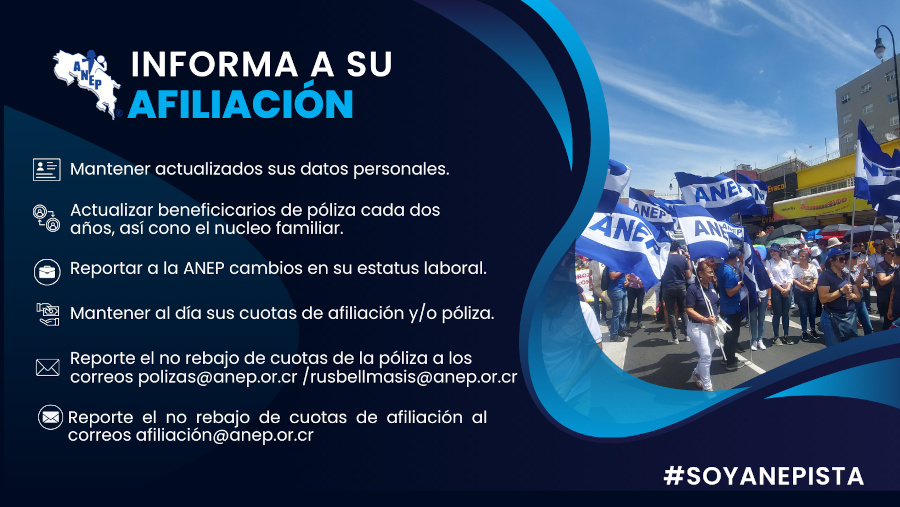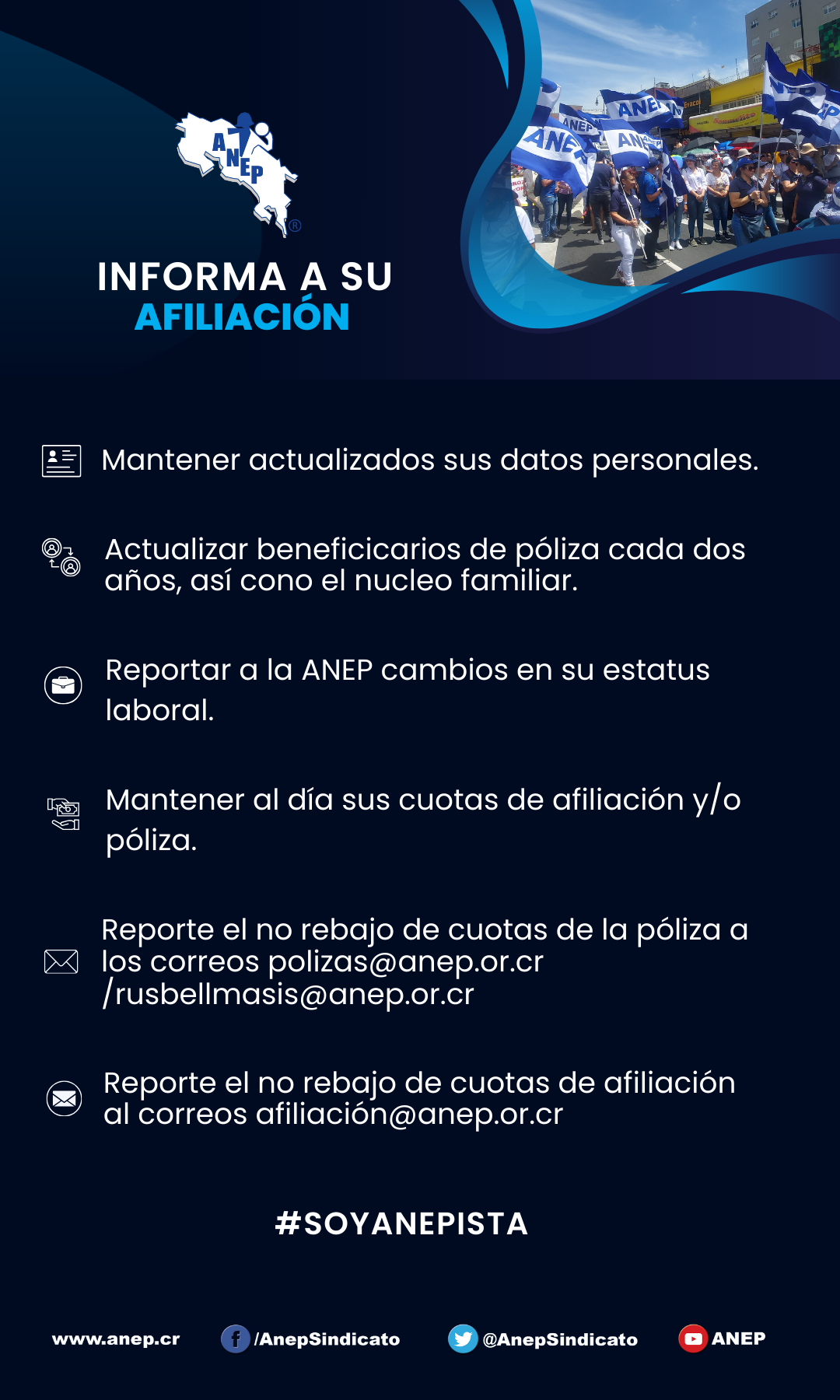Lamentablemente solo está en inglés, intentaremos buscar con traducciones, pero bueno, “algunos” están interesados en que aprendamos ese idioma…¡practiquemos!
___________________________________________________________
Trailer oficial
Lo que se vió en el Noticiero CNN
Avance del documental, ¿Cuánto cuesta una operación en los dedos de la mano o atender a los niños?
Porsupuesto …¡hay que investigar a Moore!…viajó a Cuba a hacer parte del documental y fumó cigarros cubanos y es…¡prohibido en EE.UU!
La ABC también se apuntó…investigarán a Moore por fumar cigarros cubanos…¡en la “democracia” del mundo está prohibido!
Entrevista con Moore
Otra entrevista
Moore responde a la administración Bush
__________________________________________________________
Al final uno se pregunta…¿Porqué hacer una investigación por haberse fumado unos cigarros cubanos y NO DICEN NADA de las denuncias que hace Moore sobre los problemas de salud pública en los Estados Unidos?, ¿Por qué será?
__________________________________________________________
ENTREVISTA A MOORE
Fuente:MichaelMoore.com
May 25th, 2007 7:45 pm
Ready for Moore?
He bashed Bush before it was a pastime. Now he hits health care with »Sicko.’’ Love him or hate him, there’s only one Michael Moore
By Daniel Fierman / Entertainment Weekly
The last time Michael Moore stood on a stage at Cannes, he held the Palme d’Or in one hand and the scalp of a president in the other.
But something funny happened when he pulled into town this year. As the 53-year-old director’s new movie, Sicko, rolled at a gala black-tie screening inside the Palais, a band plugging its own film started setting up equipment for an impromptu set on the red carpet outside. The Flint, Mich., filmmaker received a prolonged standing ovation, but by the time he made it to the sparsely attended post-screening party in his honor, U2 had done what was long thought to be impossible. They had stolen the spotlight from Michael Moore.
Yes, the ritualistic explosion that accompanies the arrival of a Moore documentary will be more subdued this time around. His latest — a scathing look at what’s wrong with our health-care system — isn’t as incendiary as it is heartbreaking. Moore follows an old couple forced to move into their children’s basement after medical bills leave them destitute. A woman who sneaks into Canada because treatment for her cervical cancer isn’t covered by her HMO. A carpenter who had a band-saw accident and was given the choice of reattaching a middle finger for 60 grand or a ring finger for $12,000. Moore jets off to Canada, Cuba, France, and England to (more or less) soberly examine nationalized health care. There are jokes, but they’re rare — and the big man himself shows up only occasionally, mainly staying behind the camera, narrating in his impish mumble. It’s as if all the criticism of Moore — too much hectoring, too much rage, too much of him — seeped in after Fahrenheit 9/11 and left the filmmaker, well, different. So what happens when Michael Moore calms down and grows up? Exhausted and slightly disheveled from nighttime revelry that stretched until 6 a.m. — even grown-ups need to unwind — one of the more fascinating creatures in our popular culture sat down to chat amid the chaos of the 2007 Cannes film festival.
ENTERTAINMENT WEEKLY: Well, I really hope you enjoyed having health insurance, because you’re never getting it again.
MICHAEL MOORE: [Laughs] I’m one of the 9 percent of Americans who are not private employees who still belong to a union. In fact, I belong to three unions — the writers, actors, and screenwriters guilds — and each of them have their own health plan. I’m triply covered!
Fahrenheit 9/11 was one of the most discussed movies in history. It’s the highest-grossing documentary of all time. But in retrospect, it seems unclear how much of a difference the movie actually made.
I think that in hindsight, it was the beginning of the end for Bush. The end was not going to come a few months later, in the election.
But that was clearly the goal.
Well, sure. But somebody had to get that ball rolling and I was happy to do that. I think Fahrenheit will be judged in the long run as a turning point. Rob Reiner said to me, »This is gonna be one of these moments in American history where a work of art actually impacted things politically.’’ He cited Uncle Tom’s Cabin, which occurred in the 1850s. But the Civil War wasn’t won until years later. And it would be another 100 years before we had a civil rights act.
You don’t appear on screen until 40 minutes into Sicko.
That’s right.
That’s a real departure. And it seemed like a very conscious decision — one of the biggest criticisms of your work is that you’re on the screen way too much.
I know. For some reason I’m not very watchable! [Gestures at his face and laughs] Well, look, I start with the stories of all these Americans who had to suffer for no good reason and I felt it would be much stronger to not have me in the way.
Looking back, do you regret that you put yourself on screen so much in the earlier movies?
That’s a good question. [Pause] No. In Roger & Me I was an unknown. But I have to recognize the fact that Michael Moore is not just that guy down the street anymore. As much as I wish I could live my life that way, I have to accept that that isn’t how it is. [The Weinstein Co. reportedly paid Moore $25 million for Sicko.] And so I try to be very aware now of how my presence affects the situation and the scene. I also think a little bit of me goes a long way.
Do you consider yourself a journalist?
Are the editorial pages of The New York Times journalism? Yes. But they’re opinion. They’re opinion based on fact. In my case, it’s going to take somebody 20 or 30 years to figure out what I came up with, because while it’s journalism, it’s also satire coupled with a large sprinkling of opinion to create a work of art.
You don’t go banging on doors in this movie. Did you even try to get an interview with the insurance companies?
No. I had no intention of doing that, so it was funny to watch the insurance companies make all these preparations for [my health-care film]. All these internal memos and training sessions in the companies for how to handle Michael Moore: ‘‘Get him talking about any Detroit sports team or compliment him on how much weight he’s lost recently.’’ [Laughs] The frightening thing about that is they clearly knew what they were talking about. I was up at 5 a.m. the other night watching the Pistons play the Bulls.
Don’t you have an obligation to at least give the insurance companies the chance to say no to you? Don’t you owe them a call?
Absolutely not. They already have their forum. It’s called the nightly news. Their story is told over and over again. You never hear the other side.
There’s a moment in Sicko where you interview a woman whose husband was denied a bone marrow treatment and died. And there was a board with easily identifiable people who made that decision. It seems like if this were 5 or 10 years ago, you would be camped outside their houses with a mic.
And where did that get us?
Well, didn’t this whole movie come from one of your old TV shows where you got an HMO to give a guy a new pancreas?
[Pause] Right. Yes. And one of the original ideas I had for this movie seven years ago was that I was going to do that 10 times. Ten 10-minute segments. And we could do that and save 10 lives, but then I thought, »That’s great — that we save 10 lives — but we need to save 10,000.’‘ There are 18,000 people a year dying because they don’t have health insurance. I mean, there’s much bigger fish to fry here than going after one little board in Kansas City. I guess that would make a good film, but everyone would go, »There goes Mike again.’’ I’m not saying I won’t do that again, but at this point in my life it seemed much more dangerous and powerful to do it this way. What I’m suggesting is the elimination of private health insurance, which is a much bigger thing. I don’t know any politicians who are going to take that stand, which is too bad. I don’t know many liberals who can take that stand. They want to reform the system and put Band-Aids on the system. The system needs to be scrapped and we need to invent something here that will benefit all Americans.
Fox News today called Sicko evidence of a more grown-up Michael Moore.
The kinder, gentler Mike. I’ve heard that in the last couple of days. Well, Here’s Mike and his celebrity smackdown! [was getting old]. Who’s he taking down today? Today is Charlton Heston. Tomorrow is George Bush.Yes, the NRA needs to be stopped and Bush absolutely needs to be stopped, but I’m getting older. And you start to realize that you only really see so much time in this world and you hope to see some change in your lifetime. And let’s say I was successful with a little hospital in Kansas City, Mo. That’s good. But I hope to see a larger change in the not-too-distant future.
You took a bunch of 9/11 workers to Guantánamo Bay to try and get them the same health care that al-Qaeda prisoners have been getting. When that didn’t work, you went into Havana and placed them in hospitals. I’m assuming that you had to work with the Cuban government on that.
Yes. That is correct, in the sense that we had unrestricted access to film as we wanted anywhere we wanted with the exception of Guantánamo Bay.
Former senator Fred Thompson recently released a YouTube video criticizing you for that trip, making a crack about how Castro has imprisoned and tortured documentary filmmakers before. What do you make of that?
[Sighs] It makes him look ridiculous, commenting on something he hasn’t seen. But what’s really ridiculous is that he admitted in The Weekly Standard to having boxes of Cuban cigars, and with each box he helps to financially support a regime that he’s saying is a brutal dictatorship. [Thompson has admitted to nothing, though in his article, Standard senior writer Stephen F. Hayes noted boxes of Montecristos in the former lawmaker’s office.] I think the American people are smart enough to understand that this is a guy trying to win the Republican primaries and saying, »The way I’m going to appeal to the base is to go after Michael Moore.’’
Do your movies show in Cuba?
They are pirated and bootlegged. I never had a chance to talk with Castro about the money that he owes me for showing my movies for free.
What do you say to the Canadian and French people who claim you paint a far-too-positive picture of their health-care systems?
What I always say is »Wanna switch systems?’’ And the answer is always no…. We always talk about the negatives: Canadians have to wait two hours or two days or two weeks for this, that, or whatever. Well, okay, let’s set up a system where we don’t have the Canadian wait. Let’s set up a system where we take what they do right and don’t do the things that they do wrong.
You mentioned that you worried about how much your presence influences what you get. Cuba seems to me to be a great example. There’s this incredibly handsome doctor treating the 9/11 workers in the film.
Doctor El Dreamy! [Laughs] That’s what the crew called him.
They have all this fancy equipment that they’re happy to show off because it’s obviously in their best interest to make everything look perfect for you. Don’t you worry that you’re getting fooled there, or at the very least not showing an accurate representation?
But that’s the only foot they have to put forward: their best foot. And that’s not just Michael Moore saying that. Every study that has been done has shown that the Cuban health care system is perhaps the best in the Third World. We insisted that we be put on a floor that has only Cubans and only Cuban patients. You saw it in the film. They’re in a room with four people, it’s a tiny room. But the best way to answer this question is to talk to Reggie [an EMT who suffered lung problems after 9/11, who was] in the film. After we left, she had to stay longer for the treatment and she got to thinking the same thing that you’re thinking: How much of this is done for the cameras? So because she speaks Spanish, she snuck out of her hospital room one day, and went downstairs to see if the intake [process] was the same. She told them she was a tourist from Puerto Rico who wasn’t feeling well. And she said it was the exact same thing.
How’s your own health?
My health is in excellent condition, other than the fact that I need to lose weight. A few months ago I thought, »There’s a bit of a personal hypocrisy in making a film about health care and not taking the best care of yourself.’’ I’ve lost about 25 pounds now. My cholesterol is 142. My sugar number is 90, which is excellent. My blood pressure is 110 over 60.
You got a standing ovation here. Is your advice to young filmmakers who want to make it at Cannes to put a 10-minute segment in their films about how wonderful the French are, like you did with Sicko?
[Laughs] Look, the French are just relieved that there was finally one American who was willing to say something nice about them.
What’s your next big project going to be?
The next big project? Well, I made a mistake at Cannes three years ago and told people what it was, which began the insurance companies and drug companies going into DEFCON 4. So I’m not going to talk about what I’m going to do next. It will not be like this film. Or the previous films. And it’s best that the subject matter that I’ll be addressing not know that it’s the subject matter.
Ooh! It’s Canadian Bacon 2, isn’t it?
Yes! How did you know? [Laughs] Especially after those Canadian journalists came after me in the press conference yesterday. A bunch of ingrates, those Canadians!
_________________________________________________________
ARTICULO SOBRE LOS PROBLEMAS DE SALUD PUBLICA EN ESTADOS UNIDOS DENUNCIADOS POR MOORE
June 9th, 2007 3:35 pm
‘Sicko’ provides lessons for health care reform
Guest commentary by Rose Ann DeMoro / Contra Costa Times
WILL “SiCKO” help point us to a cure for the nation?
Michael Moore’s riveting new film provides a valuable lesson that we can solve the health care crisis without dumping more resources into an all-too-often heartless private-insurance-based system.
Lack of insurance is not the trouble. The insurance industry itself is the problem.
A Zogby/UPI poll in February found that 42 percent of Americans said their insurer had refused to pay a medical bill.
A USA Today/ABC poll in March found that one in four Americans had trouble paying for medical care in 2006.
Two-thirds of those were insured. “Sicko” puts human faces on those numbers. Like Donna and Larry Smith, who had to sell their home and move into a cramped room in their daughter’s house when their medical bills became unpayable.
Or Laura, the young woman sent a huge bill for her post-accident ambulance trip because it wasn’t “pre-approved.”
Neither story is an aberration.
Moore unearths 1971 White House tapes in which President Nixon and John Ehrlichman discussed the pending bill to promote managed care.
Ehrlichman reassures Nixon that “all the incentives are toward less medical care … because the less care they give ‘em, the more money they make.”
Three decades later, Moore shows the inevitable evolution of this scheme, partly through two industry whistle-blowers who agonize over their role in denying care.
“You’re not slipping through the cracks. They made the crack and are sweeping you toward it,” one says.
In an intimate final screening in New York with the real-life stars of “Sicko” that the California Nurses Association was invited to attend, Moore made clear his view on whether the bandages and sealing wax that some politicians and presidential candidates favor can fix this callous system.
“We have to eliminate the private insurance companies. They have to go,” Moore said.
Such sentiments may not be widely popular on Capitol Hill; after all, “Sicko” notes, the insurance industry’s “biggest accomplishment might be buying our U.S. Congress.”
But beyond Washington, it gets a different reception. A New York Times/CBS poll this year found that 64 percent said the government should guarantee coverage for all; 55 percent identified it as the top domestic priority for Congress and the president.
Can it really be done?
Moore shows us four ways how — Canada, Britain, France and even Cuba. He could have added every other industrialized country where care “doesn’t depend on your premiums, it depends on your needs.”
Amid the four other countries Moore visited, the United States is last or next to last in one health care indicator after another, such as life expectancy, adult mortality and infant mortality rates, to name three, according to World Health Organization statistics.
Only when it comes to per-capita spending are we No. 1. Where does the money go?
A fourth to a third is siphoned off the top for paperwork and profits for the private insurers, compared with less than 5 percent for Canada or our own Medicare, a publicly run program.
Forcing everyone to buy insurance as Gov. Arnold Schwarzenegger proposes, or providing tax credits, or shifting more government money to the HMOs won’t solve the crisis, it will just reward the insurers for their system of preventing care and make them wealthier.
Put that money back into delivery of care. Set up a system where everyone is covered, for life, with quality medical care, comprehensive benefits and cost controls.
Sound impossible? Most of those featured in “Sicko” would not have been helped at all by the majority of the limited health care reforms proposed in Congress or by most of the presidential candidates to date.
But we can accomplish that with Sheila Kuehl’s SB840, or HR676 in Congress, both of which would guarantee comprehensive health care for all without relying on the insurance industry.
“Sicko” profiles three Sept. 11, 2001, rescue heroes who have since struggled to obtain needed care. Moore tries to take them to one place where the United States does guarantee universal care, the military base at Guantanamo Bay. Only when they’re turned away do they go next door to Cuba.
“They just wanted some medical attention, the same kind (our government) provides to al-Qaida,” Moore says. For the rescue heroes or the rest of us, is that too much to expect?
DeMoro is executive director of the California Nurses Association and a Contra Costa County resident.










